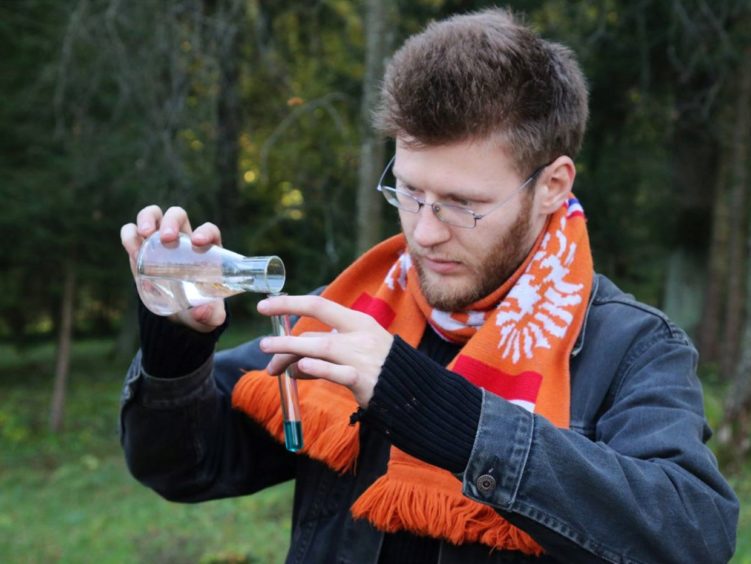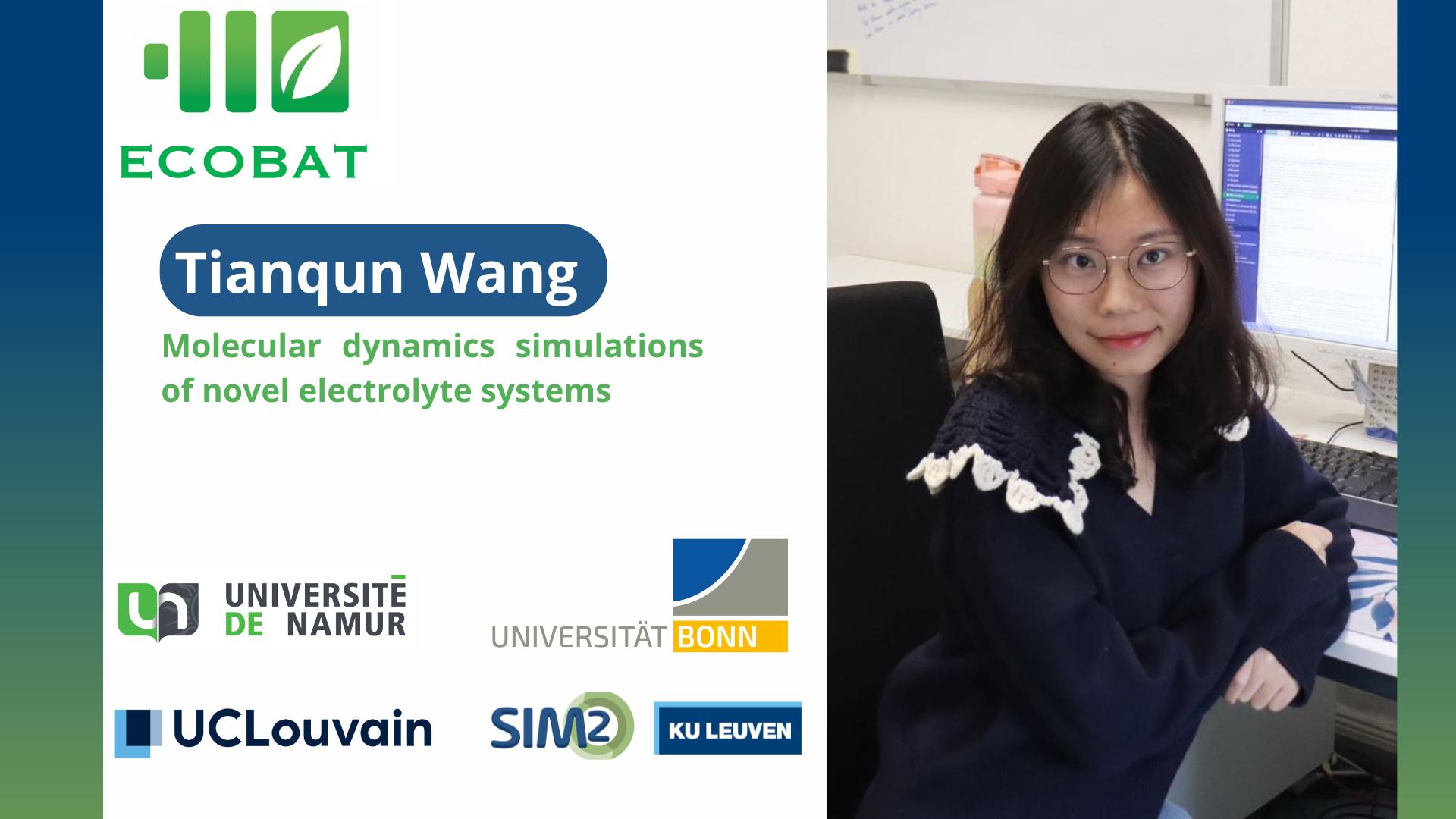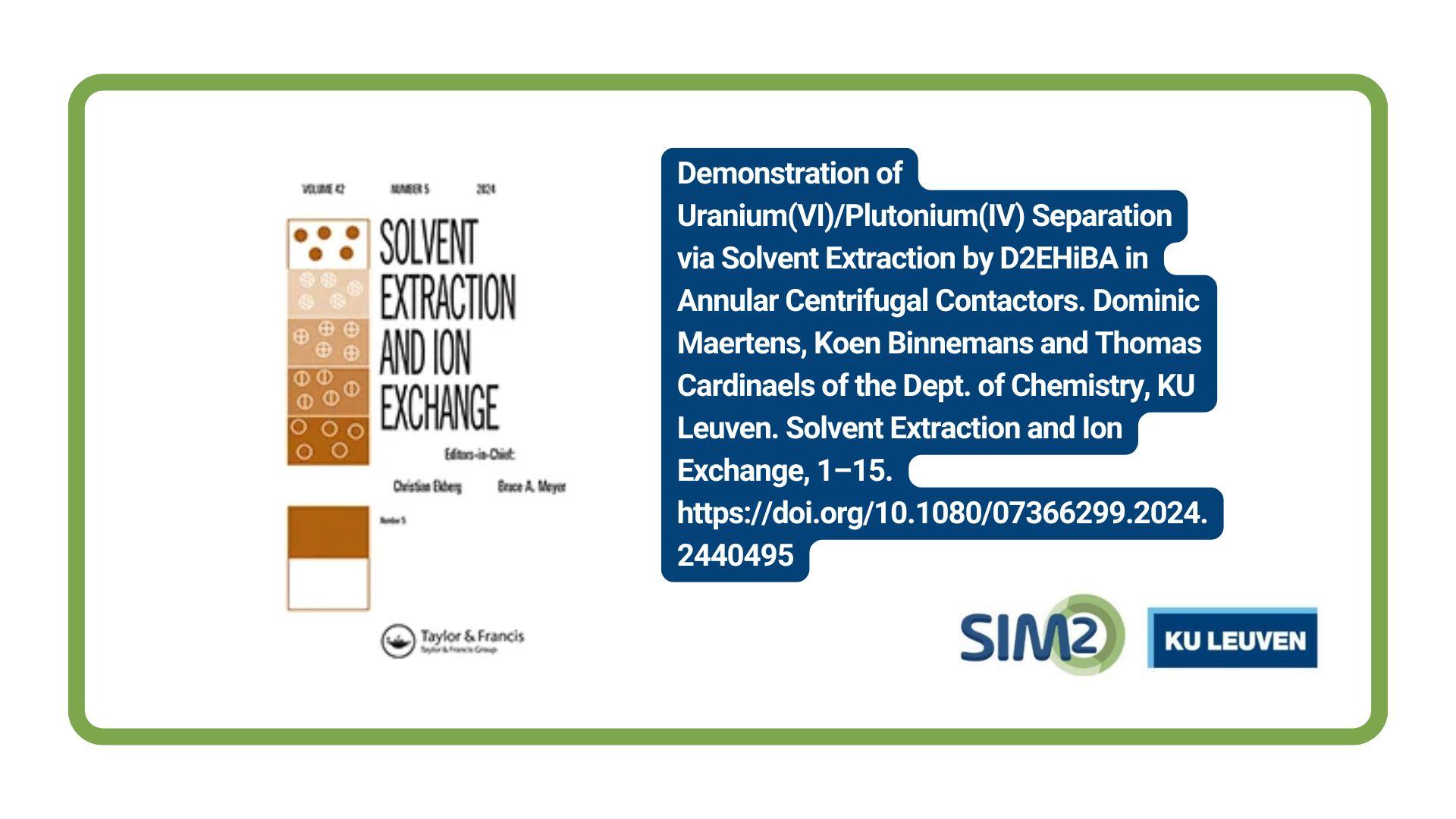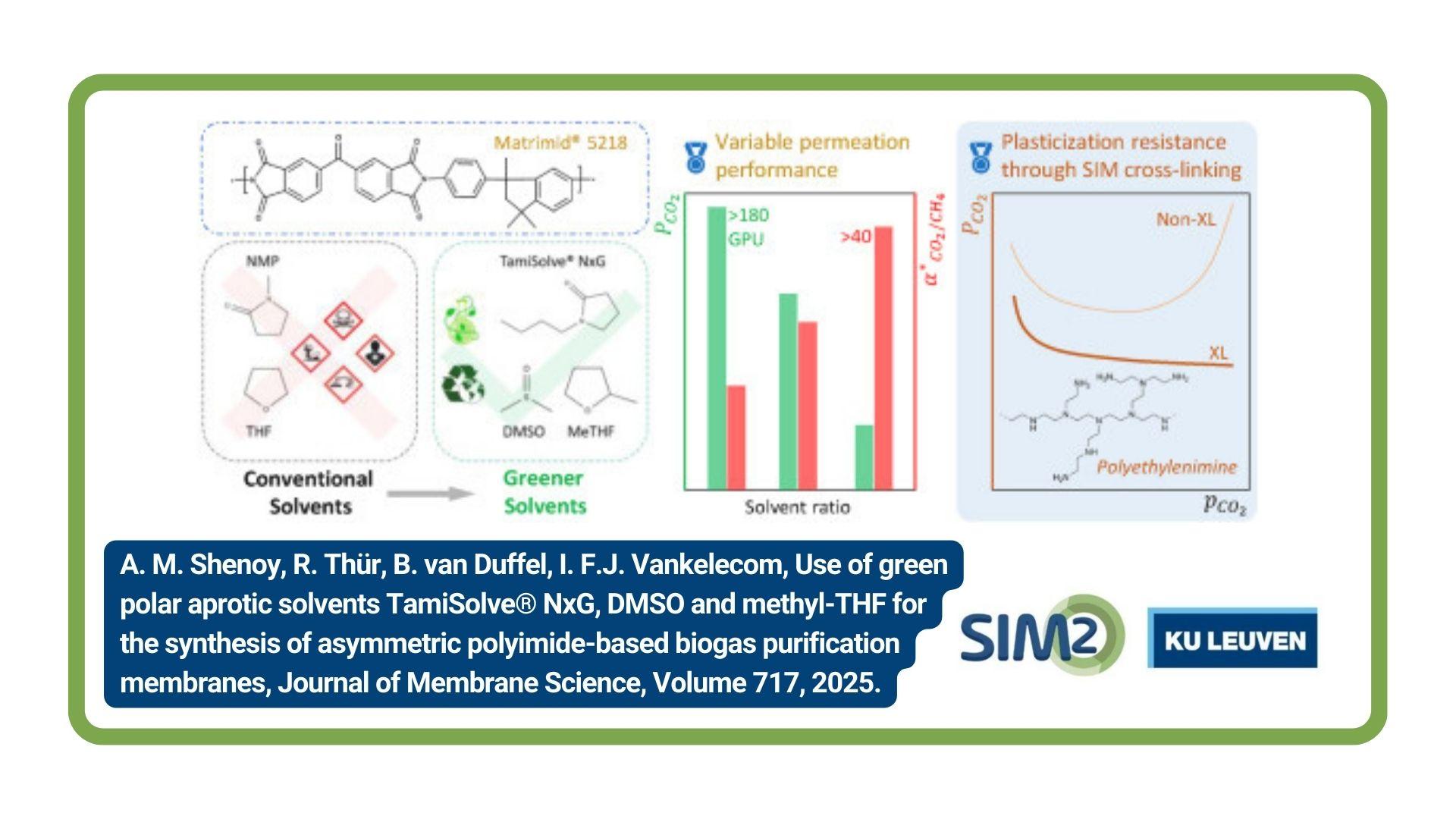Vidmantas Bieliūnas is a new SIM² KU Leuven researcher working on the ETN COSMIC EU project. In this interview you can get to know more about this PhD researcher.
Why did you chose to work in Belgium?
It was more of a coincidence to start working in Belgium and KU Leuven as the for me most relevant and suitable ESR-position I applied for was offered in Leuven. So far, both the city and the university have been so enjoyable that I have not given much thought about how different qualifications would have landed me in a different place. It already feels like home.
What are you working on?
Currently I am searching for means to transform simple plant or crude oil sourced organic molecules into high value chemicals in as few steps as possible. Consequently, I strive to do so in elegant continuous flow reactors. These reactors have relatively small volumes but achieve great output by running without downtime and by enabling sequential multi-step transformations that would otherwise be impossible without isolation and purification of intermediates. The end goal is to manufacture common complex chemicals, such as active pharmaceutical ingredients, at a constant rate, using precisely controlled amounts of energy, solvents and reagents, and without the waste of material and human resources that is associated with synthesis performed in bulky large scale batch reactors.
What attracts you in the research project you are working on?
The ultimate goal of the project is to increase the efficiency of European chemical industry by transitioning from batch to continuous flow processes which are known to require lesser amounts of energy, manual labor and physical space while generating less waste and byproducts. To me the whole concept is extremely appealing since both the economy and the environment are of prime importance for our civilization and this approach benefits both areas without the need for sacrifices. Also I greatly enjoy working in a field that is new to me since that way I have the most to learn and the best opportunity to expand my skillset.
What helps you to overcome the difficulties of life?
If I had to pick only one thing then it would be art. As unfair as that may be to my wife, art has accompanied me throughout my whole life. Whether it is literature, music, cinema or any other form, I could not imagine a situation where it would be impossible to find comfort, encouragement and plain explanation of the said difficulties in art. It’s just a matter of finding the right work at the right time. Though art does provide a reflection and thus a better understanding of current mental states, it is the allure of the unknown and the pursuit of the ever expanding human knowledge that keeps pushing me forward as major new discoveries are always just around the corner. Both of these things have worked as a constant force long before I was capable of putting it into such words.
What do you think is that one quality which distinguishes you from others?
I do have a good capacity to come up with unorthodox solutions when faced with the limitations of the equipment at hand. This comes from and also fuels my interest in the working principles of every machine that I use. Also, seeing many possibilities helps to spot possible failure points both in equipment in particular and in future plans in general.
How do you recharge?
By listening to music, taking a bike ride, or camping in nature. The last one is more complicated so that doesn’t happen that often though, but it has the highest impact on mental well-being, especially when done under difficult environmental conditions. Of course, the ‘recharging properties’ of all of these activities are greatly enhanced when performed together with my wife and/or in the company of good friends.
Bio Vidmantas Bieliūnas
 Vidmantas Bieliūnas was born in Vilnius, the capital of Lithuania in 1991. He obtained his BSc in chemistry from Vilnius University in 2014 after working on the synthesis of single-enantiomer supramolecular tectons based on 9-azabicyclo[3.3.1]nonane scaffold. A Master in chemistry was granted by the same university in the year 2016 for the work on synthesis of bicyclic diene ligands and their application in stereoselective rhodium catalysis.
Vidmantas Bieliūnas was born in Vilnius, the capital of Lithuania in 1991. He obtained his BSc in chemistry from Vilnius University in 2014 after working on the synthesis of single-enantiomer supramolecular tectons based on 9-azabicyclo[3.3.1]nonane scaffold. A Master in chemistry was granted by the same university in the year 2016 for the work on synthesis of bicyclic diene ligands and their application in stereoselective rhodium catalysis.
In his spare time during the studies Vidmantas also enjoyed teaching high school students advanced organic chemistry and volunteering at Lithuanian science Olympiads. In the autumn of 2016 Vidmantas successfully applied for an open position in the European Training Network for Continuous Sonication and Microwave Reactors (EU HORIZON 2020 MSCA-ETN COSMIC) coordinated by prof. Tom Van Gerven. He started working at KU Leuven in February, 2017 under the supervision of prof. Wim De Borggraeve. The goal of Vidmantas in this project is to develop novel C-H activation methodologies specifically adapted for continuous flow conditions.





